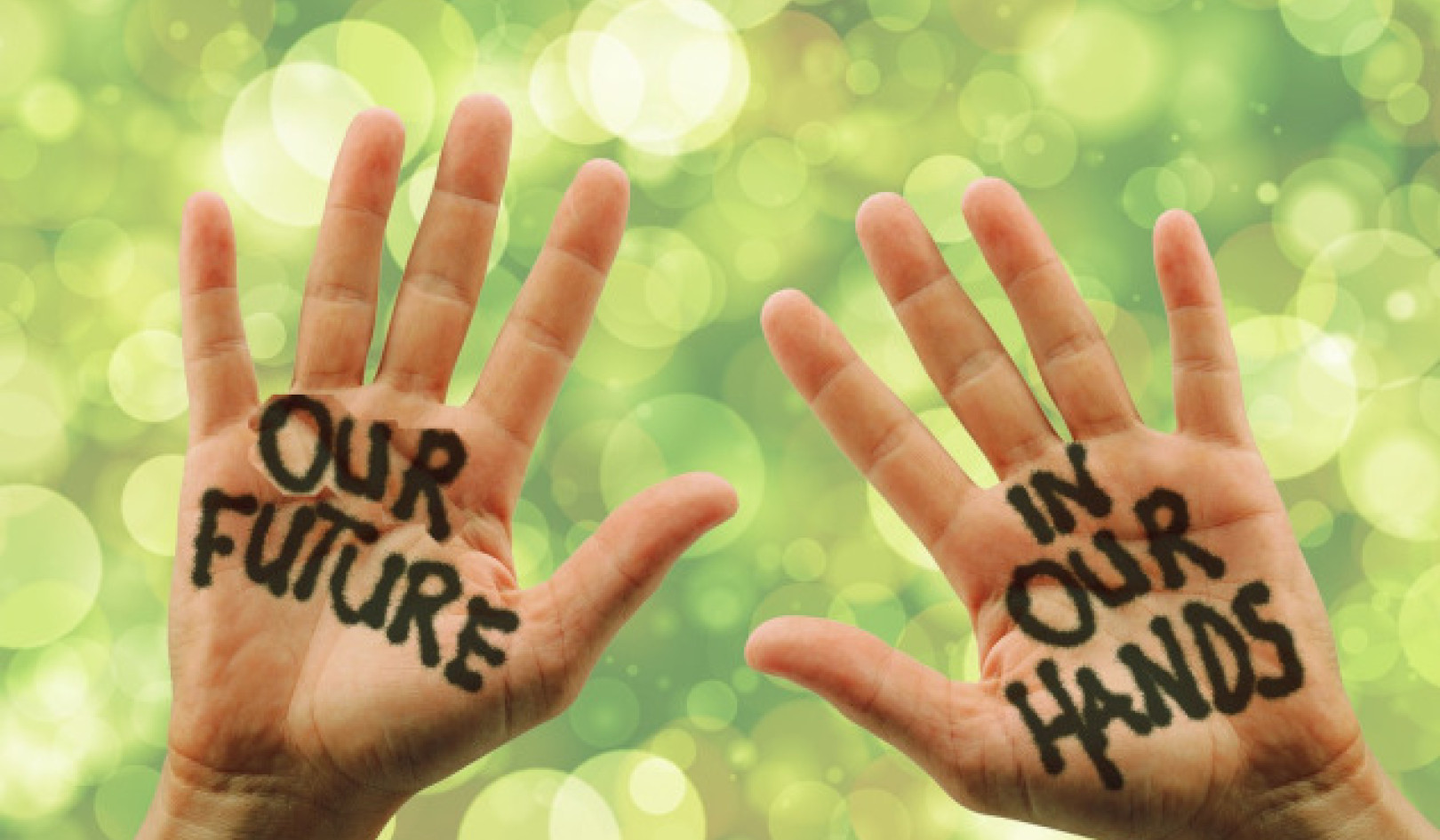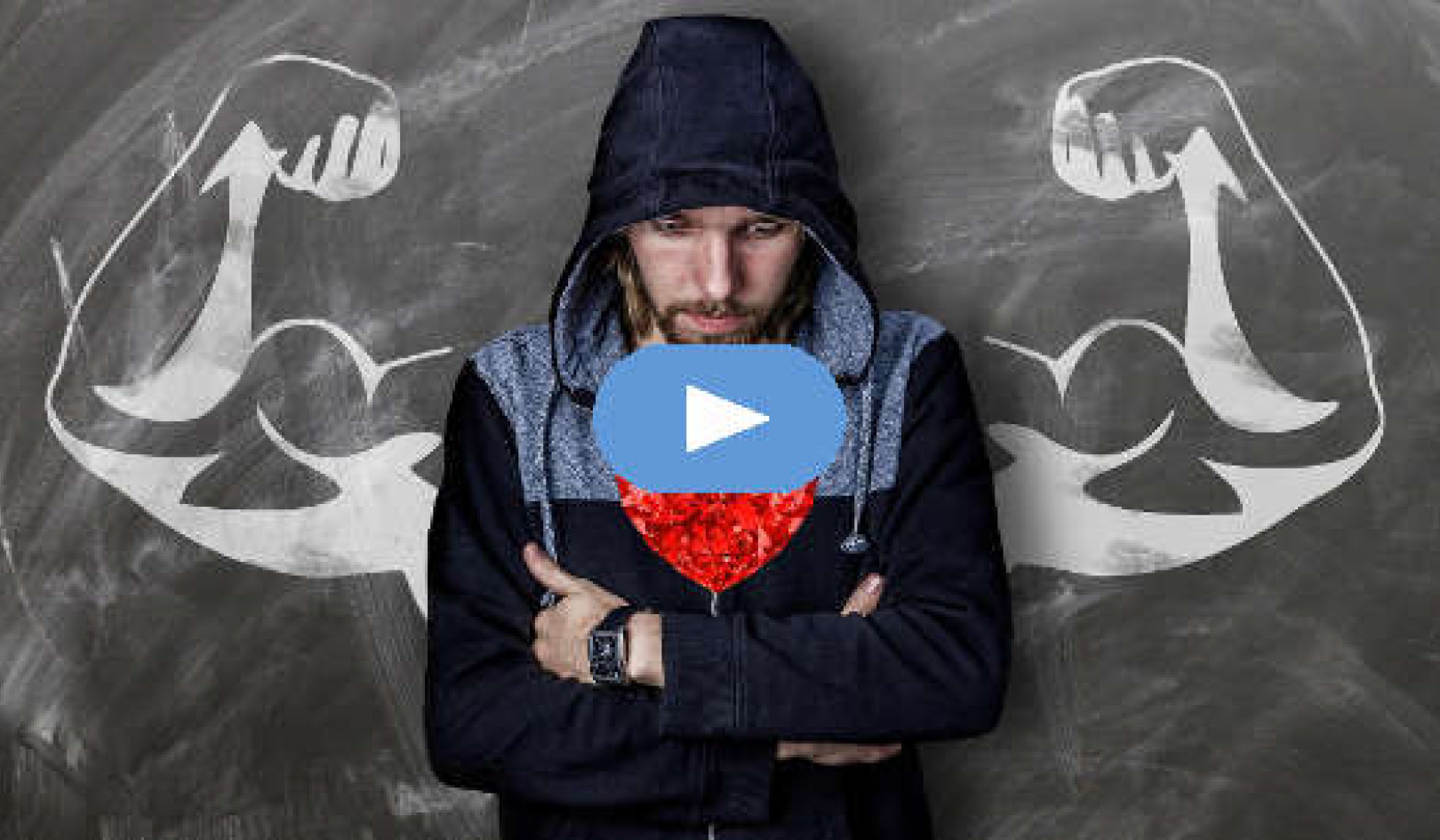
On May 23rd 2017, my home city of Manchester suffered a terrorist attack. Waiting in the foyer at the end of a concert by Ariana Grande, a 22 year old man detonated a bomb strapped to his chest, killing twenty-two people (including himself) and injuring over 500. Most of the victims were either children or parents waiting to collect their children. However, in the midst of the senseless savagery of the attack, there were many stories of heroism and selflessness.
An off duty doctor who was walking away from the concert after picking his daughter up ran back into the foyer to help the victims. A woman who saw crowds of confused and frightened teenagers running out of the venue guided around fifty of them to the safety of a nearby hotel. There she shared her phone number on social media so that parents could come and pick their children up. Taxi drivers across the city switched off their meters and took concertgoers and other members of the public home. Taxi drivers from as far as 30 miles away converged on the city to offer free transport.
A homeless person named Stephen Jones was sleeping rough near the venue and rushed in to help. He found many children covered with blood, screaming and crying. He and a friend pulled nails out of the children’s arms - and in one case, out of a child’s face - and helped a woman who was bleeding severely by holding her legs in the air. 'It was just my instinct to go and help people out,' he said. (Although - to illustrate the side of human nature - another homeless man was convicted of stealing belongings from the injured victims of the attack.)
As one paramedic - named Dan Smith - who was at the scene commented, 'There was an unbelievable amount of people doing what they could to help...I saw people putting together in a way I have never seen before....The thing I will remember more than any other is the humanity that was on display. People were catching each other’s eye, asking if they were okay, touching shoulders, looking out for one another.'
Such acts of altruism are almost always a feature of emergency situations. Also in the UK, in 2016, a cyclist was trapped under the wheel of a double decker bus. A crowd of around 100 people gathered together, and in an amazing act of co-ordinated altruism, lifted the bus so that the man could be freed. According to a paramedic who treated the man, this was a ‘miracle’ which saved his life.
Another example took place in Glasgow, in November 2013, when a helicopter crashed into a pub, killing ten people. Soon after the crash, residents and passers-by rushed towards the scene. Together with some of the pub’s clientele, they formed a human chain, passing wounded and unconscious victims inch by inch, out of the danger area and into the hands of the emergency services.
As one final example, in 2007, a construction worker named Wesley Autrey was standing on a subway platform in New York, when a young man nearby had an epileptic seizure and rolled on to the track. Hearing the approach of a train, Autrey impulsively jumped down to try to save the young man, only to realise that the train was approaching too fast. Instead, he jumped on top of the young man’s body and pushed him down into a drainage ditch between the tracks. The train operator saw them, but it was too late to stop: five cars of the train passed over their bodies. Miraculously, both of them were uninjured. Asked later by The New York Times why he had done it, Autrey said: ‘I just saw someone who needed help. I did what I felt was right.’
The Cold Truth
The above examples demonstrate that, although we human beings can sometimes be selfish and competitive, we can also be extraordinarily kind and selfless. However, the materialist worldview tends to downplay the benevolent aspects of our nature, and even explain them away. Capitalist economic systems - derived from the materialist worldview - encourage us to compete with others to gain success and wealth, and to see our fellow human beings as rivals. The theories of Neo-Darwinism and evolutionary psychology portray human beings as ruthless genetic machines, only concerned with survival and reproduction.
One of the most influential books of the second half of the twentieth century was Richard Dawkins’ The Selfish Gene, which - as with the field of evolutionary psychology in general - became popular because it seemed to offer scientific confirmation and justification of the ruthless individualism of Western societies. And in a passage from the book, Dawkins expresses the ‘cold truth’ about life according to Neo-Darwinism:
To a survival machine, another survival machine (which is not its own child or another relative) is part of its environment, like a rock or a river or a lump of food. It is something that gets in the way, or something that can be exploited. It differs from a rock or a river in one important respect: it is inclined to hit back. This is because it too is a machine that holds its immortal genes in trust for the future, and it too will stop at nothing to preserve them. Natural selection favours genes that control their survival machines in such a way that they make best use of their environment. This includes making the best use of other survival machines, both of the same and of different species.
This passage is almost shocking in its brutality. It portrays human beings as psychopathic predators in a similar way to the extreme right wing philosophies of Nazism or Ayn Rand. Dawkins would probably say that he is simply ‘telling is like it is,’ and in a sense this is true; he’s simply taking the materialist perspective to its logical conclusion.
If we are nothing more than ‘carriers’ of thousands of genes, whose only aim is to survive and replicate themselves, then of course we (like all other living beings) are selfish and ruthless. (In fairness to Dawkins, he is not himself a right wing apologist - he believes that we should accept the fact that we are fundamentally selfish and brutal, but try to control and curtail these impulses.)
The problem is that, as the previous examples show, there are frequent occasions when we human beings don’t behave at all like ruthless predators - when, in fact, we behave in precisely the opposite way, and sacrifice our own well being (potentially even our own lives) for the sake of others. If we are only interested in our own survival, this behaviour doesn’t seek to make sense.
Empathy as the Root of Altruism
The other day, I was about to have a shower, and saw a spider near the plug hole of our bath. I got out of the shower, found a piece of paper, gently encouraged the spider on to it, and scooped it out of danger.
Why did I do this? Perhaps in the hope that a spider would do the same for me in the future? Or that the spider would tell his friends what a wonderful human being I am? Or, more seriously, perhaps it was the result of moral conditioning, a respect for living things and an impulse to ‘do good’ which was ingrained in me by my parents? (Although come to think of it, my parents didn’t actually teach me those things...)
I’m being a little facetious, but the question of altruism to members of other species is an important one, since it can’t be explained in genetic terms, or in terms of ‘reciprocal altruism.’ If I donate money to an animal charity, stop to pick up an injured bird on the road and go 10 miles out of my way to take it to the nearest vet, am I really doing it to look good in other people’s eyes, or to feel good about myself?
Again, that could be the case, but it’s also possible that these are acts of pure altruism - responses to the suffering of another living being, arising out of empathy. It is possible that I simply empathised with the spider as another living being, who was entitled to stay alive just as I was.
I believe that empathy is the root of all pure altruism. Empathy is sometimes described as the ability to see things from another person’s perspective, or ‘put yourself in their shoes.’ But in its deepest sense, empathy is the ability to feel - not just to imagine - what others are experiencing. It’s the ability to actually enter the 'mind space' of another person (or being) so that you can sense their feelings and emotions. In this way, empathy is the source of compassion and altruism.
Empathy creates a connection that enables us to feel compassion. We can sense the suffering of others and this gives rise to to an impulse to alleviate their suffering - which in turn gives rise to altruistic acts. Because we can ‘feel with’ other people, we are motivated to help them when they are in need.
The Source of Altruism
In panspiritist terms, altruism is easy to account for. Altruism stems from empathy. And our capacity for empathy shows that, in essence, all human beings - and in fact all living beings—are interconnected. We are expressions of the same consciousness. We share the same essence. We are waves of the same ocean, influxes of the same all-pervading spiritual energy.
It’s this fundamental oneness which makes it possible for us to identify with other people, to sense their suffering and respond to it with altruistic acts. We can sense their suffering because, in a sense, we are them. And because of this common identity, we feel the urge to alleviate other people’s suffering — and to protect and promote their well-being — just as we would our own. It’s this fundamental oneness that we actually experience — as a feeling of connection — when we perform (or witness or receive) altruistic acts.
This relationship between altruism and our fundamental oneness was expressed beautifully by the 19th century German philosopher Schopenhauer, who wrote that ‘My own true inner being actually exists in every living creature, as truly and immediately known as my own consciousness in myself...This is the ground of compassion upon which all true, that is to say unselfish, virtue rests, and whose expression is in every good deed.’
Or in the word of the Spanish Jewish mystic Cordovero, ‘In everyone there is something of his fellow-man. Therefore whoever sins injures not only himself but also that part of himself which belongs to another.’ In this way, according to Cordovero, it is important to love others because ‘the other is really oneself.’
In other words, there is no need to make excuses for altruism. Instead, we should celebrate it as a transcendence of seeming separateness. Rather than being unnatural, altruism is an expression of our most fundamental nature—that of oneness.
©2018 by Steve Taylor. All Rights Reserved.
Published by Watkins, an imprint of Watkins Media Limited.
www.watkinspublishing.com
Article Source
Spiritual Science: Why Science Needs Spirituality to Make Sense of the World
by Steve Taylor
 Spiritual Science offers a new vision of the world that is compatible with both modern science and ancient spiritual teachings. It provides a more accurate and holistic account of reality than conventional science or religion, integrating a wide range of phenomena that are excluded from both. After showing how the materialist worldview demeans the world and human life, Spiritual Science offers a brighter alternative – a vision of the world as sacred and interconnected, and of human life as meaningful and purposeful.
Spiritual Science offers a new vision of the world that is compatible with both modern science and ancient spiritual teachings. It provides a more accurate and holistic account of reality than conventional science or religion, integrating a wide range of phenomena that are excluded from both. After showing how the materialist worldview demeans the world and human life, Spiritual Science offers a brighter alternative – a vision of the world as sacred and interconnected, and of human life as meaningful and purposeful.
Click here for more info and/or to order this paperback book and/or download the Kindle edition.
About the Author
 Steve Taylor is a senior lecturer in psychology at Leeds Beckett University, and the author of several best-selling books on psychology and spirituality. His books include Waking From Sleep, The Fall, Out of the Darkness, Back to Sanity, and his latest book The Leap (published by Eckhart Tolle). His books have been published in 19 languages, while his articles and essays have been published in over 40 academic journals, magazines and newspapers. Visit his website at stevenmtaylor.com/
Steve Taylor is a senior lecturer in psychology at Leeds Beckett University, and the author of several best-selling books on psychology and spirituality. His books include Waking From Sleep, The Fall, Out of the Darkness, Back to Sanity, and his latest book The Leap (published by Eckhart Tolle). His books have been published in 19 languages, while his articles and essays have been published in over 40 academic journals, magazines and newspapers. Visit his website at stevenmtaylor.com/
More Books by this Author
at InnerSelf Market and Amazon































